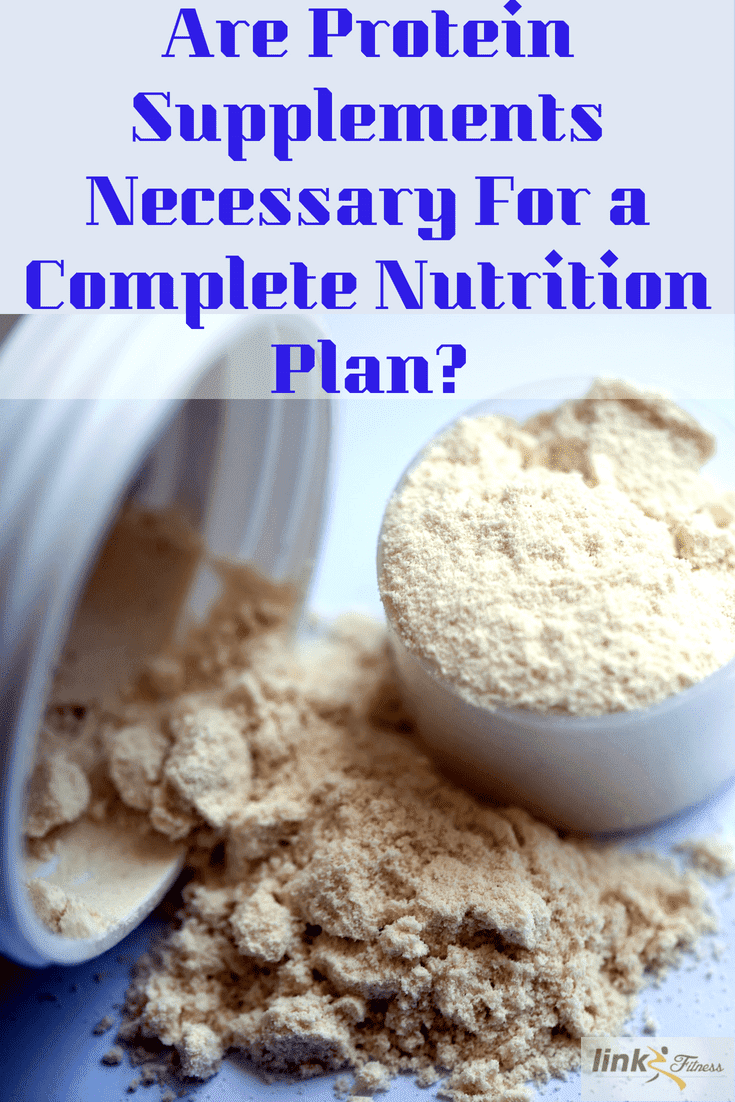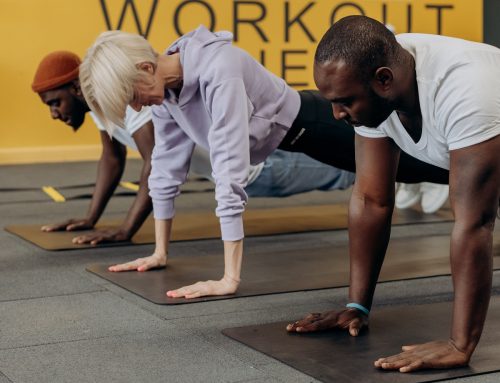If you go to the gym regularly, you’ve probably heard guys discussing the different types protein shakes that they drink before and after training to boost their results. In recent years, the popularity of protein powders as a nutritional supplement has sky-rocketed. You can get them from supermarkets, nutrition stores or even online. There are countless brands out there and as a consumer, you’ll most likely be spoilt for choice.
The craze for protein supplements
Most gym goers, from teenagers to guys in their middle ages are using protein supplements. I’ve seen beginners in the gym who even haven’t mastered how to do the deadlift with good form, but are already deep into protein supplementation ( plus other supplements with weird names).
Supplementing protein is not a bad thing especially for strict vegetarians who don’t get a sufficient amount of protein in their diets. It’s a complete protein (it contains all the essential amino acids necessary for human dietary needs), it’s convenient, easy to digest and also easy to prepare. But, it’s important to note that protein supplementation will never replace the discipline and hard work needed to see tangible results in the gym.
Do you really need protein supplementation?
 Most diet books and lots of information on the internet do promote eating fewer carbohydrates and even lesser fats. Though protein is essential for building and repairing body tissues, you don’t need more of it.
Most diet books and lots of information on the internet do promote eating fewer carbohydrates and even lesser fats. Though protein is essential for building and repairing body tissues, you don’t need more of it.
Most people, even athletes can get everything they need from eating whole foods available locally, and not powdered food in a tin packaged in the US or UK which contains ingredients best known to the manufacturers only.
Are you eating too much protein?
A report by the National Health and Nutrition Examination Survey, the average American male consumes 102 grams of protein per day and the average female eats about 70 grams per day. This is almost twice the recommended intake per day.
Protein is plenty and it’s readily available. For most healthy individuals, 20-30 percent of their daily calories should come from protein. This translates to about 56 grams for men and 46 grams for women.
This may sound a lot. However, it’s very easy to meet these needs with a bit of planning. A cup of milk gives you 8 grams, 1 cup of dry beans gives you 16 grams, 112 grams piece of meat gives you 28 grams of protein, whereas 250ml yogurt gives you 56 grams.
Here in Kenya, we consume too much protein in the form of roast beef, chicken, milk, eggs, and fish. These foods are readily available and within reach of the average family in our cities, major towns and even upcountry. This is the major reason why I don’t recommend protein supplementation for almost all of my clients except for vitamins and trace minerals like zinc and magnesium.
There is a notion in the health and fitness industry that you need more protein for energy, endurance, and strong bones. No bigger lie has ever been told that human beings require a high-protein diet to maintain optimum health and well-being. Excess protein has the exact opposite effect. The most nutritious and complete food for the infant is a mother’s milk. Guess how much of a mother’s milk is protein, 50 percent, 25 percent or 10 percent? A mother’s milk is 2.4 percent protein and reduces to 1.6 in 6 months. So where do we get the idea that we need massive amounts of protein?
Do you need protein for increased energy levels?
Not at all! What does your body use for energy? First, it uses glucose from fruits and veggies, and then it uses starch, then fat, and finally protein. The body uses protein only in extreme cases when all the other macro-nutrients are absent.
Does it help build endurance?
Wrong, it doesn’t. Excess protein produces excess nitrogen in the body, causing fatigue. Now you know why bodybuilders who are pumped up with protein cannot run. They are too tired.
Additionally, people who have a problem processing excess protein may be at risk for liver and kidney disease. Eating a predominantly high protein diet can restrict the intake of other healthful foods that provide other essential nutrients. Never substitute your breakfast for a scoop of protein powder. This is a habit that will deny your body of other vital nutrients. Remember that protein powder is processed. Your digestive system works best on real unprocessed food.
How much protein should you eat?
To ascertain your protein needs, it’s important to factor in your body weight, levels of physical activity and health status. The average person, who leads a relatively sedentary lifestyle needs less than o.4g per pound of body weight. For example, if you are healthy, and weigh 140 pounds and walk several times a week for short distances, you only need less than 56 grams of protein per day.
Exercise doesn’t necessarily increase your protein needs. If you work out for 1 hour 3 times a week, you don’t need to take extra protein through supplements. If you’re an endurance athlete and you do strength training, you need to consume 0.5-0.8 grams per pound of body weight. You can easily get this from your diet without any additional supplements.
On the other hand, if you’re just starting out, concentrate first on building a strong discipline in training. Combine this with clean eating habits before contemplating the use of supplements. Don’t use supplements because your training partner at the gym is using them. Do your own research, seek the correct advice before putting anything in your body.
Your body is priceless; don’t use it as a guinea pig for testing supplements.
Supplements are for “supplementing” your diet and not replacing a balanced and healthy nutrition. If you eat junk and imbibe on booze, using supplements will not save you. Looking for faster gains this way is akin to throwing your hard earned cash down the drain.
So what are the best protein sources?
Animal proteins such as lean meat, chicken and fish and dairy products will cater for all your protein needs. If you are a vegetarian, worry not. You can get all the essential amino acids by eating a variety of plant-based protein foods. These include foods such as quinoa, kidney beans, lentils, green grams, and many others. You can also combine several legumes with rice which gives you a complete protein.
Here is your take-home message; before gulping down another bottle of protein shake, take time to calculate your actual protein needs. Remember, any excess protein you eat will be converted and stored as fat and will not make you muscular. It is highly probable that you are already getting sufficient protein and don’t need anymore through supplementation.
What’s your experience with protein supplements? Share your thoughts.





